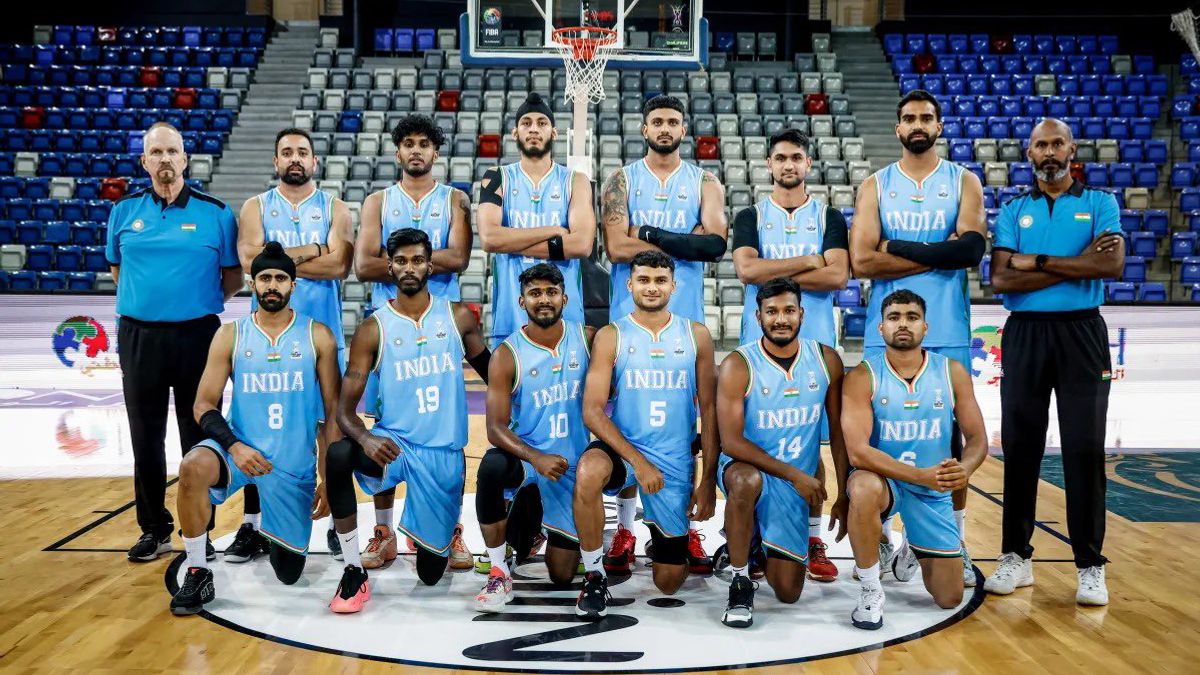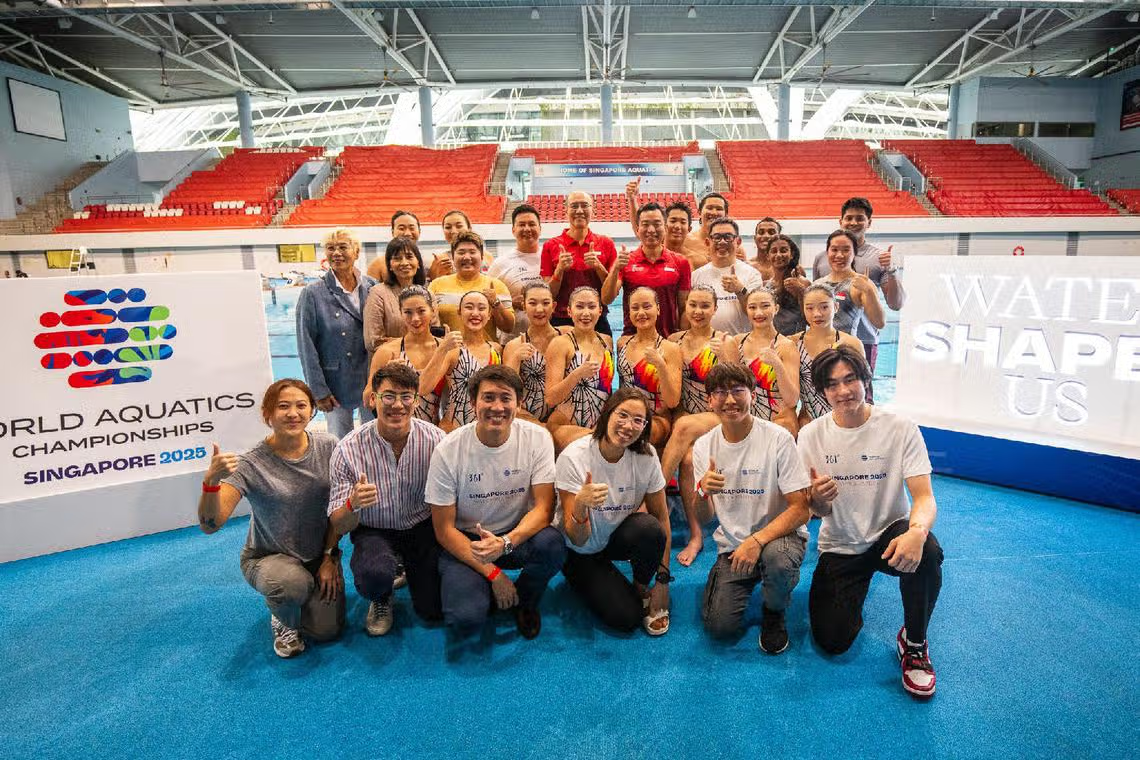The event positions Singapore as a world-class host and aquatic powerhouse
From July 11 to August 3, Singapore will welcome more than 2,500 elite athletes from 210 countries for the World Aquatics Championships 2025—a first for Southeast Asia. As swimmers, divers, and water polo teams descend on the city-state, Singapore’s global sporting credentials are about to hit a new high. The championships are more than a spectacle—they’re a milestone in Singapore’s evolution as a sporting, diplomatic, and innovation leader.
Background: A Southeast Asian first for global aquatics
The 2025 edition marks the first time the World Aquatics Championships will be held in Southeast Asia. Venues like the OCBC Aquatic Centre and the Singapore Sports Hub will host six aquatic disciplines: swimming, diving, water polo, artistic swimming, open water swimming, and high diving.
With 75 medal events on the schedule, the championships are expected to feature sporting powerhouses like the United States, Australia, and China, while offering a stage for emerging nations across Central Asia, Latin America, and Africa. Singapore’s compact city design, efficient transport, and tropical climate create a seamless environment for both competition and tourism.
Strategic impact: Sports diplomacy, sustainability, and regional growth
Singapore’s hosting of the championships is a strategic move. It complements the nation’s growing focus on sports diplomacy, placing it alongside cities like Paris, Tokyo, and Sydney as venues that use sport to amplify global influence.
In partnership with World Aquatics, the event emphasizes inclusion and sustainability. Outreach programs in schools and swimming clubs aim to boost youth participation, while sustainability initiatives include plastic-free venues, renewable energy use, and carbon offsetting—all part of a green legacy strategy.
Regionally, the ripple effects are already visible. Neighboring countries including Malaysia, Thailand, and Indonesia are set to benefit from tourism spillover, regional qualifiers, and increased visibility for aquatic sports.
Editorial insight: A platform for performance, equity, and innovation
Singapore is using this championship as a platform to showcase its sports tech ecosystem—from real-time biometrics to next-gen broadcasting. Startups and global firms will benefit from pilot opportunities, while visitors engage with cutting-edge fan experiences.
Importantly, the event reflects global shifts in sport. As federations like World Aquatics look beyond traditional Western hosts, cities like Singapore are stepping up with the infrastructure, cultural appeal, and diplomatic readiness to host inclusive, future-facing tournaments. The event is also notable for its alignment with gender equity, fair play, and governance standards—cementing its reputation for operational excellence and progressive values.
Future outlook: From championship legacy to Olympic ambition
The World Aquatics Championships 2025 could become a launchpad for broader regional development in aquatic sports. With embedded Olympic qualifiers, the event will shape Asian participation in the 2028 Los Angeles Olympics, while also encouraging investment in youth training programs and water safety across the region.
Singapore’s successful execution could place it in strong contention to host future global events—such as the Youth Olympic Games, FINA World Cup Series, or regional sports summits. The legacy may also extend to greater public interest in swimming and diving, sparking grassroots demand for better access to pools and coaching in Asia’s developing nations.
Conclusion: Singapore takes the plunge into global sports leadership
The World Aquatics Championships 2025 isn’t just a medal event—it’s a defining moment. It signals Singapore’s growing role in international sports diplomacy, Southeast Asia’s readiness for world-class events, and a broader shift toward inclusion, sustainability, and innovation in competitive sport. With athletes from 210 countries preparing to dive in, Singapore is doing more than hosting—it’s setting the global standard, one lane at a time.















